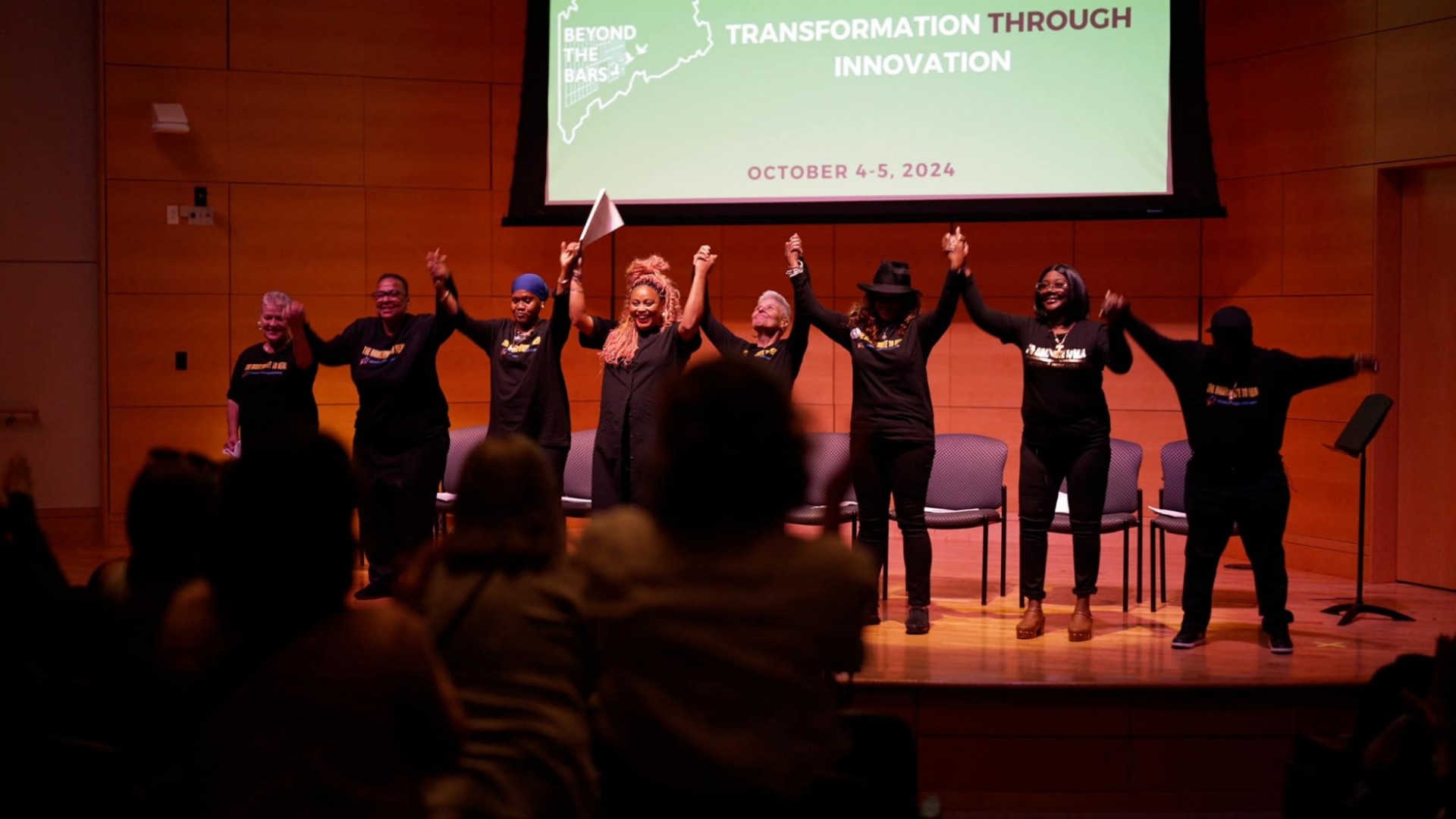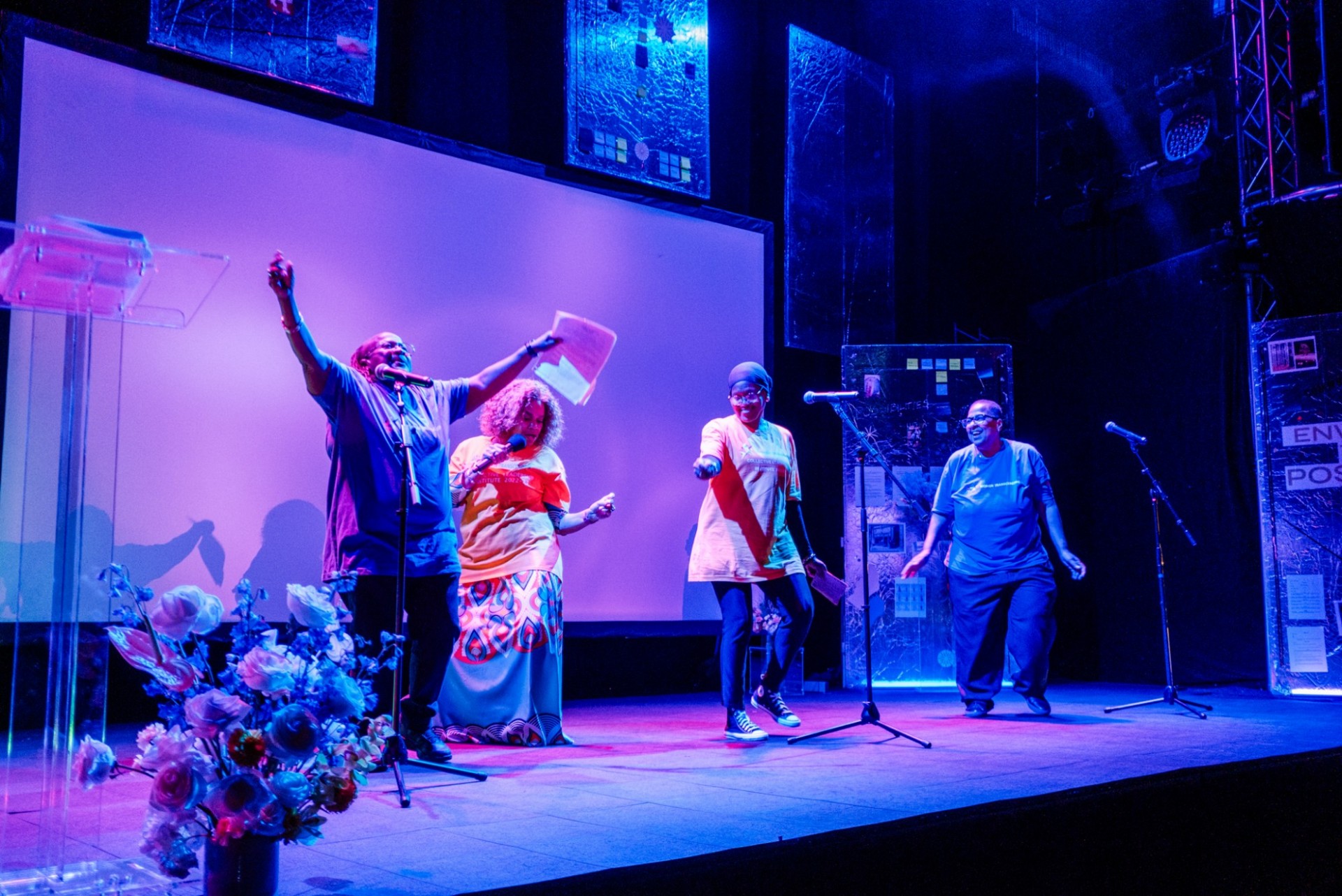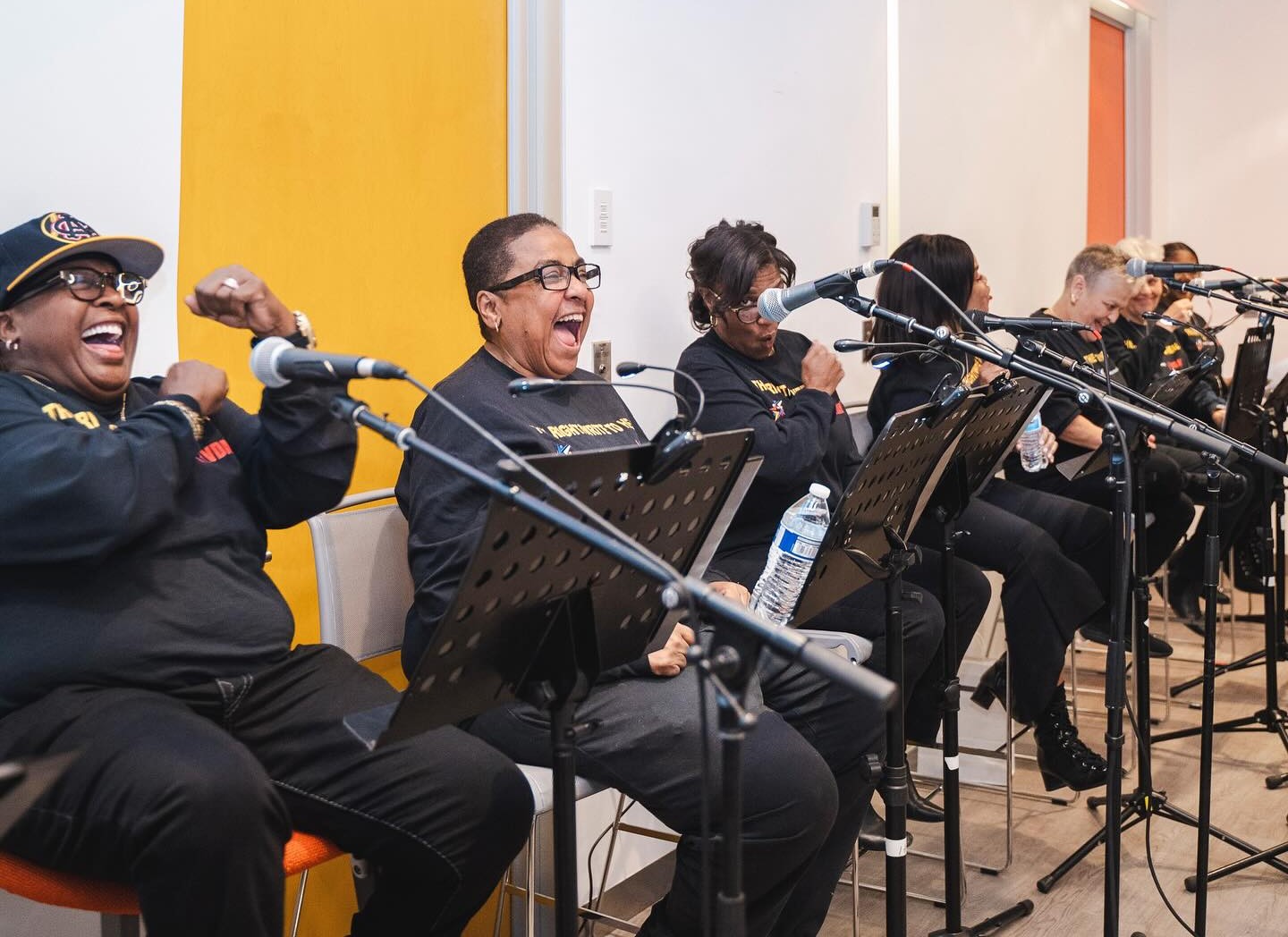
The Right/Write to Heal: Incarcerated and Formerly Incarcerated Women in Their Own Voices is an initiative with the Center for Justice (CfJ) at Columbia University’s School of Social Work and collaborates with the Southern Maine Reentry Center to allow currently incarcerated women there to participate in the program.
We believe the time is overdue for women to tell their own stories, in their own voices, about how they came to be incarcerated, what prison has done to their lives, and what they face on the inside and after being released. Our mission with Right/Write to Heal: Incarcerated and Formerly Incarcerated Women in Their Own Voices is to impact the current narrative by empowering women to write and directly share their own stories through mainstream and social media, podcasts, and a published anthology, all archived for historical purposes; and the ultimate goal is to humanize the unique individual and collective experiences of women, particularly women of color, who from early in their lives face racism, violence, and structural barriers that lead to punishment and imprisonment.
Through this initiative, women share how they cope with the consequences of incarceration on themselves, their families, and communities, with the goal of changing how people understand the impact of criminalization on women. Also, writing and storytelling are therapeutic interventions for people who have experienced loss and trauma and can lead to healing, redemption, and intimacy when shared collectively and with others who have been impacted.

The dominant perception is that since men are incarcerated in larger numbers than women, reform and abolition efforts should concentrate their efforts on men in prison. However, by ignoring the impact of violence, criminalization, and incarceration on women, we abandon them and their families. In recent decades, the incarceration rate for women and girls has grown twice as fast as the rate for men.
The dramatic increase in the rate of women’s incarceration has created an urgent public health and humanitarian crisis. Nearly 90% of incarcerated women have experienced sexual violence and trauma; nearly two-thirds of women imprisoned in New York for killing someone close to them experienced violence and abuse from that person; 60% of incarcerated women are forced to leave young children in the care of relatives and friends; and women are more likely than men to be imprisoned for drug and property crimes. Instead of providing greater economic opportunities, better education, higher quality housing, and alternatives to incarceration, we punish women with imprisonment— which is ineffective in combating root causes of crime and erodes public safety.
Women with criminal justice involvement are mothers, daughters, sisters, and grandmothers, removed from the fabric of their families and communities. Even with such traumatic separation, and under difficult daily circumstances, incarcerated women pursue higher education, mentor each other, and develop familial ties on the inside. Once released, they serve as critical support for one another, creating and nourishing supportive communities.
Our ultimate goal is to use art to engage activism and social justice and to solidify the artistic vision of the collective imagination.
I write as an activist who attempts to change the narrative on how women entangled in the criminal justice system are viewed; to put a face to her name that is often-times described as a number and statistic; to add children, families, and communities to the stories of people who are left out of the conversation. I write so that you can feel.
While the original group of formerly and currently incarcerated women continue to meet and write together, the program is expanding. They now meet together with women incarcerated at Southern Maine Reentry Center who participate in the weekly writing group via Zoom. Additionally, eight of the women who are formerly incarcerated are a part of an acting group which has performed the play, Mask Off, that they wrote together with the Classical Theater of Harlem in 2023. This amazing piece of magical realism is set in an interview waiting room for the job of world leader. As the story unfolds, the audience realizes that each of these final candidates are formerly incarcerated women and feels a deep sense of understanding as to why they have been selected for the interview. The audience leaves the show contemplating the importance of and need for a systemic power shift, further illustrating the essential contribution of art in the work of narrative change. Right/Write To Heal has performed Mask Off in Nairobi, Kenya; Brooklyn, NY; Louisville, KY; and Portland, ME.

For more information about Right/Write to Heal, contact: [email protected]
